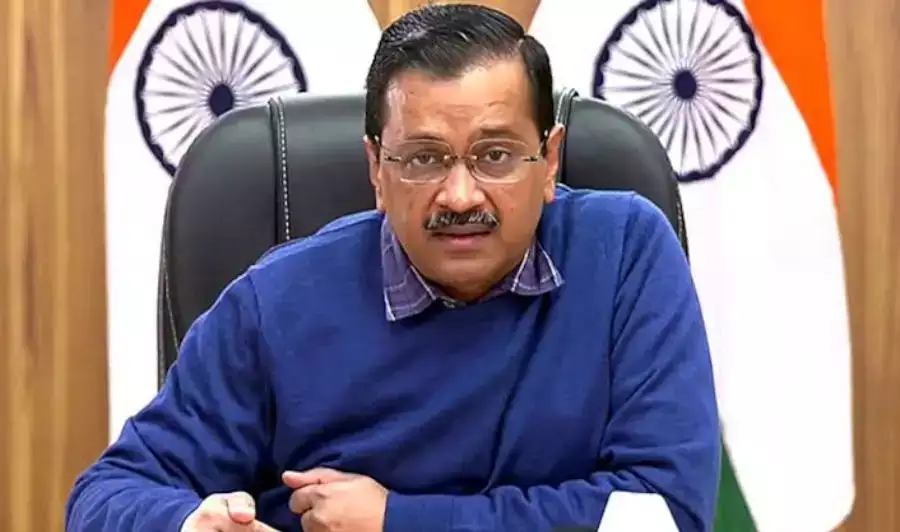Arvind Kejriwal, Delhi’s Chief Minister, faced legal scrutiny as he appeared before court via video conferencing amidst a backdrop of political turbulence.
NEW DELHI– In a significant development, Arvind Kejriwal, the Chief Minister of Delhi, made a virtual appearance before a Delhi court in connection with an excise policy case. The court appearance came on the heels of a call for a trust vote, underscoring the intertwining of legal battles and political maneuvers in Kejriwal’s tenure, as reported by The Hindu.
The virtual court appearance, a result of the evolving technological landscape amidst the pandemic, showcased Kejriwal’s commitment to fulfilling legal obligations while managing his governmental responsibilities. According to NDTV, the timing of Kejriwal’s court appearance raised eyebrows, coming just after his call for a trust vote in the Delhi Assembly. This juxtaposition highlights the delicate balance between legal battles and political survival in the tumultuous arena of Indian politics.
Kejriwal’s legal entanglements extend beyond the excise policy case. He also faced scrutiny in an ED case, where he similarly appeared before the court through video conferencing, as reported by Hindustan Times. These legal battles add layers of complexity to his governance, requiring him to navigate the intricacies of both legal procedures and public administration simultaneously.
In response to these developments, political analysts have underscored the challenges inherent in governing amidst legal scrutiny. “Kejriwal’s dual role as a politician and a defendant underscores the blurred lines between governance and legality,” remarked political commentator, Ramesh Gupta. Indeed, Kejriwal’s ability to effectively govern while addressing legal challenges will be a litmus test for his administration’s resilience and efficiency.
Moreover, the timing of Kejriwal’s court appearances amidst a trust vote call raises questions about the political motivations behind legal proceedings. Critics have accused Kejriwal of using legal maneuvers to gain political leverage, while supporters argue that his commitment to transparency and accountability necessitates compliance with legal proceedings.
As Kejriwal navigates these legal and political waters, the citizens of Delhi remain keen observers, assessing the implications of his actions on governance and democracy. The convergence of legal battles and political exigencies underscores the intricate dance between power and accountability in the Indian political landscape.
Arvind Kejriwal’s virtual court appearance serves as a microcosm of the complexities inherent in modern governance. As he juggles legal obligations with political imperatives, his ability to steer Delhi through these challenges will shape the trajectory of his administration and its impact on the larger political landscape.

